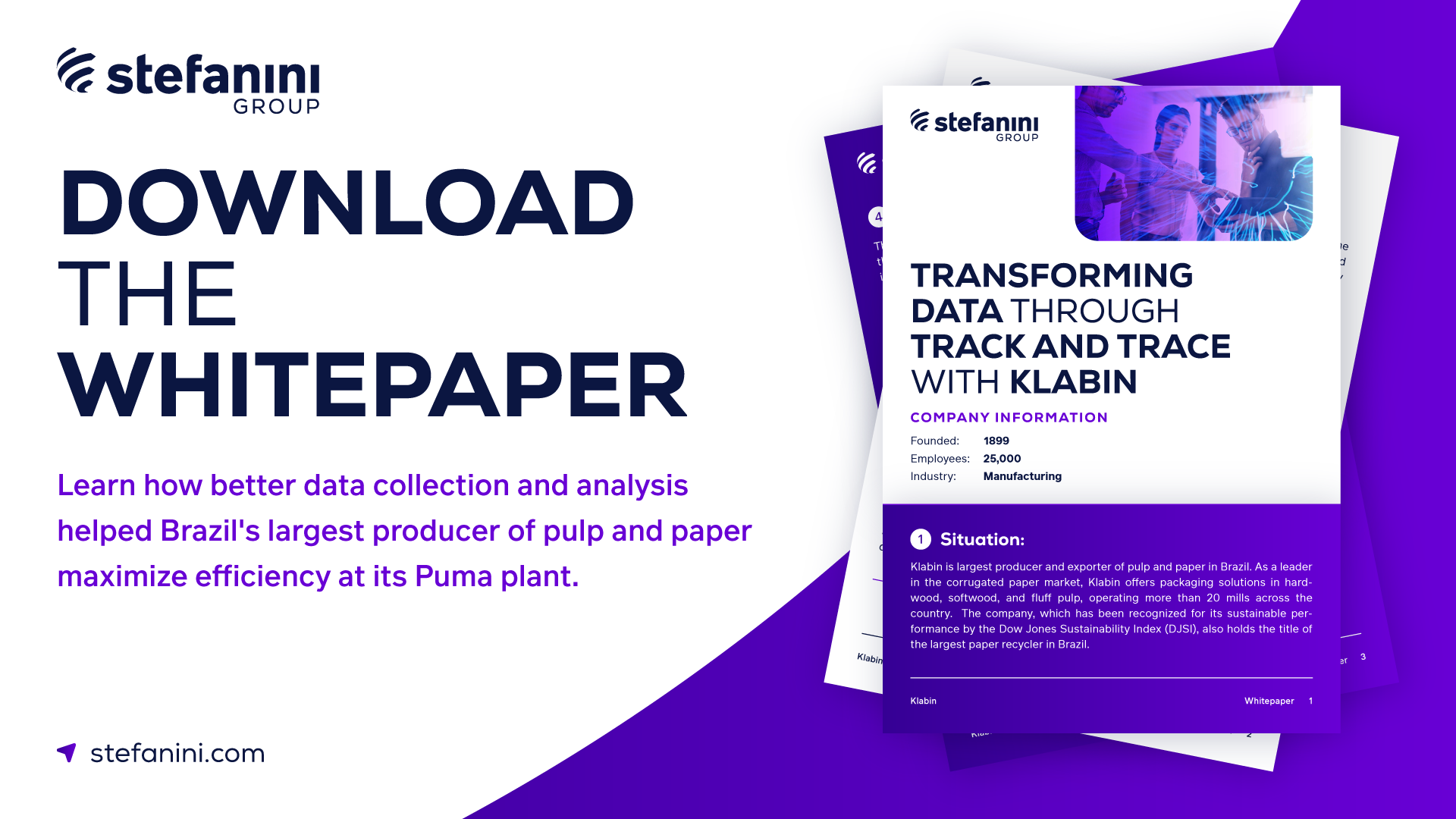Prior to 2001, if you were familiar with terms like “scrum” and “kanban,” chances were that you worked in software development.
Today?
The benefits of working in an agile way have reached far outside the world of IT. Now, you’ll hear CEOs reference agile ways of working in company meetings. Marketers will describe their department as having an “agile approach.” It seems everyone, from healthcare professionals to pharmaceutical executives, are finding new and innovative ways to leverage agile principles for industry-specific projects.
So, how can a methodology that was designed for software development projects be applied to other industries? Read on for the answer!
What Is An Agile Mindset?
While agility was first defined by software engineers, the agile way of working actually has roots in product development and lean manufacturing methods.
Initially, agile was conceived to bring products to market faster and in more innovative ways. Then in the 90s, software engineers started experimenting with different ways of developing software, projects, and other products. With a focus on adaptability and flexibility, this approach to project management was radically different from traditional software development management (referred to as ‘waterfall’).
It allowed engineers to produce higher-quality software more quickly and with more team engagement. The movement culminated in the creation of 2001’s Agile Manifesto, which outlines the core principles of the agile mindset that people follow.
Today, agility has a new role in the professional environment. Called ‘business agility,’ this mindset gives enterprises the ability to compete and thrive in the digital age by quickly responding to market changes and emerging opportunities with innovative, digitally-enabled business solutions.
Further, with the introduction of theories like growth mindset (a term first coined by American psychologist Carol Dweck in the early 2000s), today’s businesses are more focused on professional development and continuous improvement. Now, the move away from a fixed mindset is giving companies the ability to learn from failure.
Even though certain agile frameworks were specifically designed to manage software development projects, companies have found that agile principles are invaluable for expediting progress and efficiency while minimizing waste for almost every type of project. Further, the methodology is adaptable – for instance, learning cycles can be built into project work, allowing team members to alternate between phases of learning and doing.
Overall, by focusing on value delivery, agile practitioners can help companies be more adaptive to customer needs and deliver customer satisfaction in short, iterative cycles.
How can banks become more agile? Learn more here!
5 Industries That Should Incorporate Agility
While agile can be a fantastic learning opportunity, putting it the right people, processes, and technology in place to support an agile work environment can be difficult for companies just starting out.
Here are a few industries that benefit from agile methodologies:
1. Marketing – In the marketing context, agile means using data and analytics to consistently find promising opportunities or solutions to obstacles in real time. To do this efficiently, team members need to deploy tests quickly, evaluate the results, then iterate. When a marketing organization is high-functioning, the work output can be mind-blowing, with agile enabling hundreds of campaigns to run simultaneously while new ideas are produced each week.
Further, agile marketing practices enable companies to take a concept from ideation to a concrete offer in less than two weeks. Becoming fully agile, however, requires marketing organizations to do more than just utilize cross-functional teams. Marketing departments also need to consider how they’re using technology to improve the effectiveness of business processes, as well as how they’re using the data they collect. Regardless of these challenges, agile is growing within the world of marketing, with the adoption of ‘agile marketing’ increasing from 32% in 2019 to 42% in 2020.
2. Finance – one of the biggest challenges currently faced by the finance industry is its reliance on legacy infrastructure. Fortunately, this area is one that agile can help. By implementing new collaborative and customer-focused processes to product development, financial organizations will have an easier time of quickly producing working products that satisfy customer needs.
Further, in an industry that is heavily regulated, agile methods allow companies to pivot quickly and rapidly respond to sudden changes in compliance. For instance, product development teams can keep regulatory project scopes high-level throughout the duration of the project and adjust their processes to be in line with shifting regulations. Additionally, working with a core team on projects can help curb compliance costs by streamlining resources and expediting the decision-making process.
3. Real Estate – an industry that is conventionally slow-moving, real estate could leverage agile principles to use technology to adjust to new circumstances. By embracing solutions like virtual property viewings, realtors will save time and money. Further, implementing cloud-based storage and property management software can streamline activities like collecting rent while providing easy access to documents such as contracts.
The biggest impact agile could have? The answer lies within customer experience. By introducing short-term leases – similar to the quick cycles software development teams work within – tenants will have more opportunities to provide feedback, which would ultimately help real estate companies transform how they deliver value to clients.
4. Aerospace – it’s no surprise that projects within the aerospace industry are costly. Yet, since the aerospace industry favors sequential product development, it already stands to benefit from agile processes. Typically, the life cycle of an aerospace project can take months to complete and can often result in multiple, avoidable reworks. By introducing agile, teams can focus on iterating their plans and incorporating feedback that ensures projects conform to product specifications.
This focus on process will also help aerospace teams consistently communicate with stakeholders and apply any needed changes to the project early on. Overall, due to the high complexity of the work process and the long lead times in the aerospace industry, agile can help support team collaboration. By working with an agile approach, teams can also more confidently ensure that products will meet certification requirements.
5. Pharma – similar to finance, pharmaceuticals is another heavily regulated industry. It’s also an industry experiencing dynamic market conditions that are driving businesses to re-examine their operational models. With agile, big pharma companies are hoping to implement innovation, customer-centricity, and collaboration into their processes.
Research and development is a huge part of most pharmaceutical companies. Already, some departments are introducing daily progress discussions to accelerate development times. They’re also using these meetings to expedite decision-making and address progress blockers. Further, the cross-functional approach employed by agile is helping companies diversify portfolios through external collaborations and accelerated processes.
How do our agile squads deliver business innovation? Learn more here!
Deliver the Best Business Results with Agile Squads
In today’s dynamic, rapidly-changing business environment, you need to stay agile.
Our Solution Squads will help you implement methods that drive your business forward. We organize skills, assets, and provide cross-functional collaboration along the process in order to effectively execute an end-to-end digital transformation. Further, our agile teams work effectively in a remote capacity, giving you access to the best talent from around the world.




















